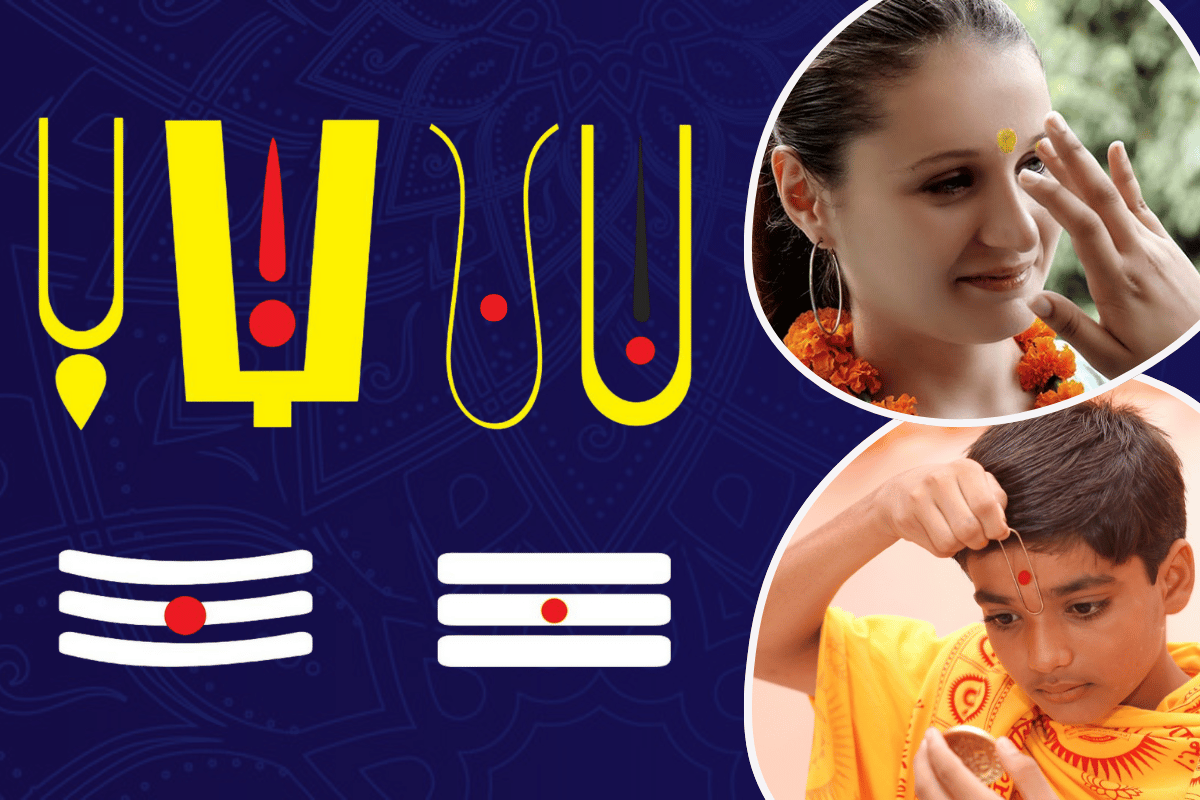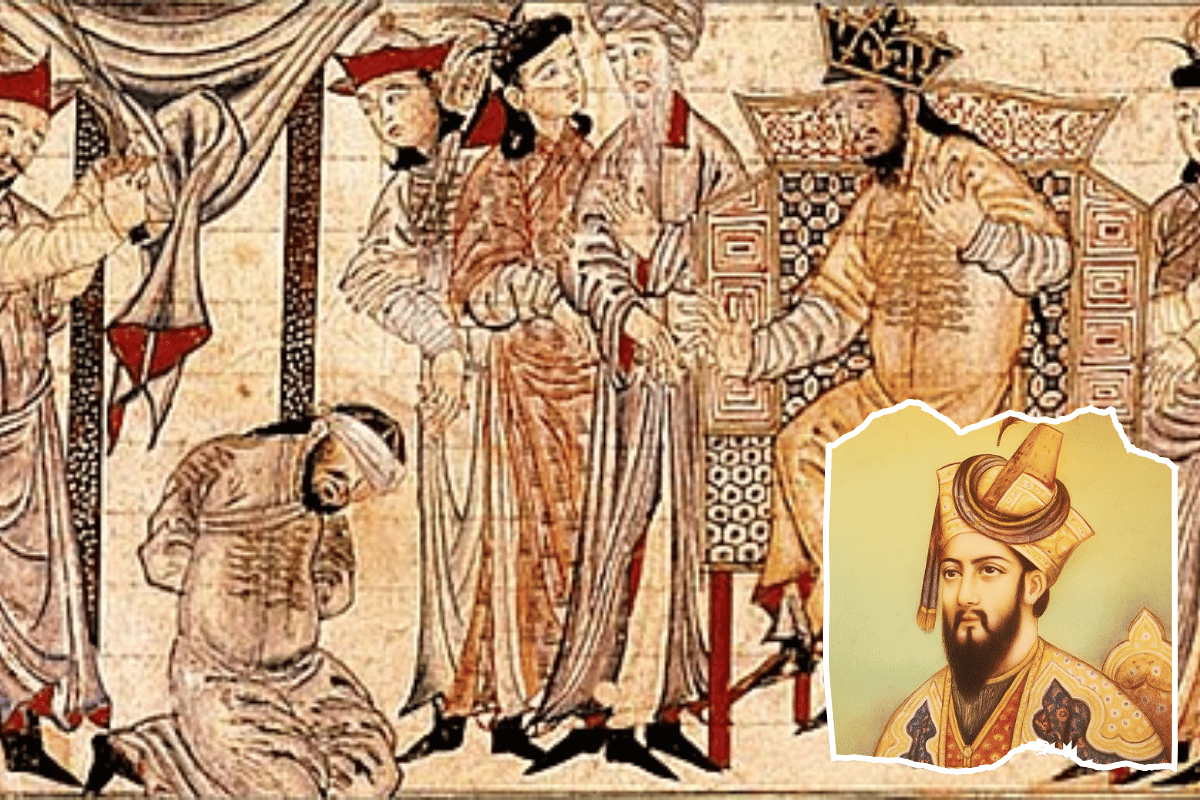
Britain already has some of the strongest anti-discrimination laws in the world. So why add caste, a relic of a different cultural and historical setting, as a new legal category? Groups such as the Dalit Solidarity Network UK (DSN-UK) have been lobbying for its inclusion. While this may appear well-intentioned, it also carries the risk of unintended consequences, particularly for British Hindu & Indian communities.

Before proceeding, it is important to note that of all caste-related cases in the UK, all but one either failed for lack of evidence, were struck out on technical grounds, or collapsed. Tirkey v Chandhok, the only case where caste-linked discrimination was remotely recognised, was done so under existing provisions within the Equality Act 2010, whereby caste was noted not to be the sole driving factor. Legal proceedings show caste to be a virtually non-existent issue in the UK. The Government’s 2018 review likewise concluded that the Equality Act 2010 already provides adequate protection, making further legislation unnecessary.
Writing caste into law would not solve a problem but instead create inequality within the Hindu community.
Parties attempting to pass this legislation often indulge in maligning the Hindu community to make their point. Research by the Government Equalities Office noted that supporters of caste legislation claimed, without evidence, that British youth display caste pride and that Indian migrants import caste issues into the UK. The suggestion that Indian migrants, primarily Hindus, bring caste with them sets a troubling precedent: it could one day be used to justify opposition to Hindu migration itself, presented as a measure against caste discrimination. If caste were explicitly legislated in the UK, schools, companies, and public authorities would be compelled to introduce their own policies. In practice, these measures are likely to disproportionately target Hindus, exposing the community to heightened scrutiny and the risk of unfounded allegations.
Employers and institutions could begin requiring caste disclosure on job applications, school forms, and diversity monitoring, re-imposing labels that hold no relevance for most British Hindus. Even without quotas, informal preferences for self-identified ‘low caste’ groups could emerge as a way for organisations to demonstrate compliance, leaving those perceived as ‘higher caste’ at a structural disadvantage. Contesting such policies across multiple institutions would be an exhausting and expensive burden borne largely by Hindus. Perhaps most concerning, formalising caste in law would hand politicians and media a new tool to play communities against one another, reviving caste identities among young people at precisely the moment they are fading away. No other religion in Britain is required to disclose its internal divisions — Muslims are not asked to identify as Sunni or Shia or any of the other many divisions, nor Christians as Catholic or Protestant. Singling out Hindus would therefore be disproportionate. It could widen social and economic disparities, locking families into disadvantage and making it harder for British Hindus to support one another or wider society.
In reality, caste is not exclusive to Hinduism, but a broader historical Indian subcontinent social practice found across different religious communities, including Christians and Muslims. Yet the push for legislation in the UK has disproportionately focused on Hindus, creating a risk that any new legislation will be shaped and driven by groups with little connection to, and in some cases open hostility towards the Hindu community.
One prominent example is the Dalit Solidarity Network UK (DSN-UK), which has led lobbying for caste to be recognised in British law. Notably, its trustees include three Christians, one Muslim, and two Ambedkarite-Marxists — but not a single practising Hindu. The charity itself was established with an initial grant from Christian Aid. This raises important questions about whether the momentum for such legislation is genuinely community-led or shaped by external actors with vested interests. If allowed to dictate the narrative, such groups could weaponise caste as a permanent fault line within the British Hindu community, entrenching division where it is otherwise fading.
Caste has no meaningful relevance in Britain, and even if it did, existing law already addresses the cases if they arise. Writing caste into legislation would only expose Hindus to disproportionate scrutiny and division, while giving missionary-backed groups a tool to fracture a community that has long moved beyond caste and is positively contributing to the development and progression of the United Kingdom.









